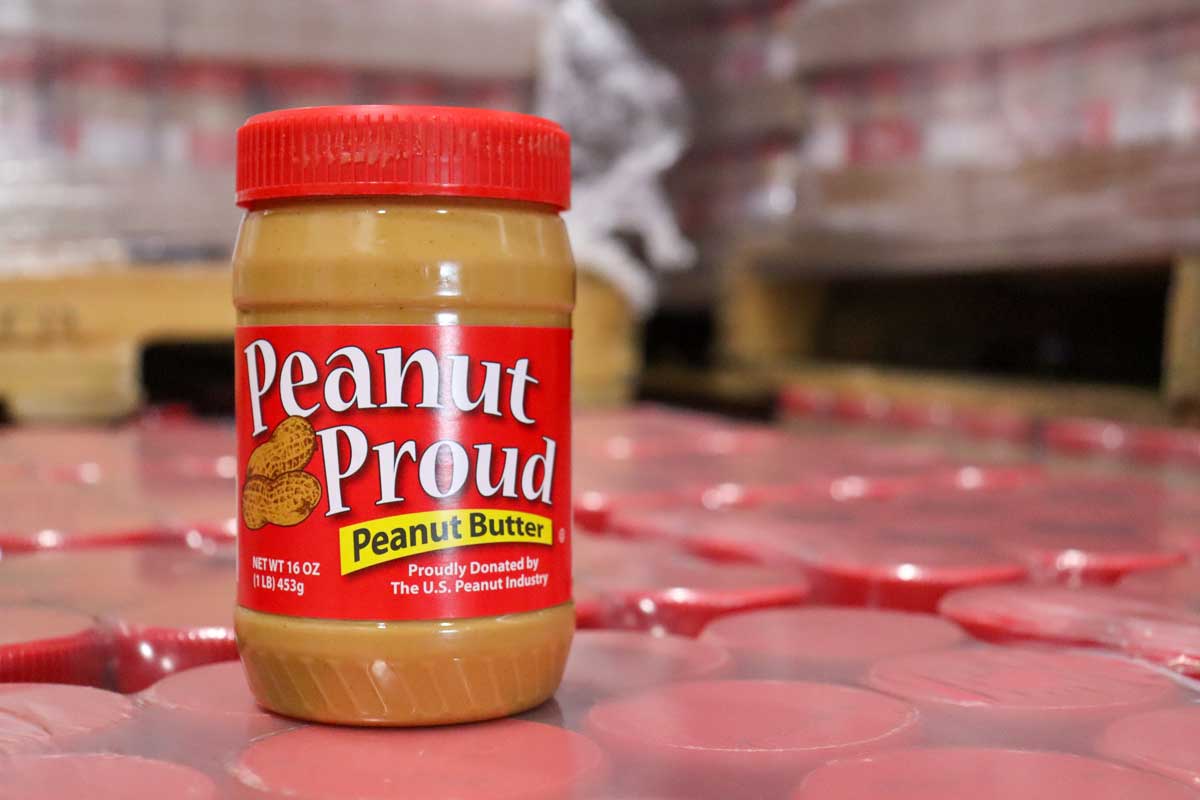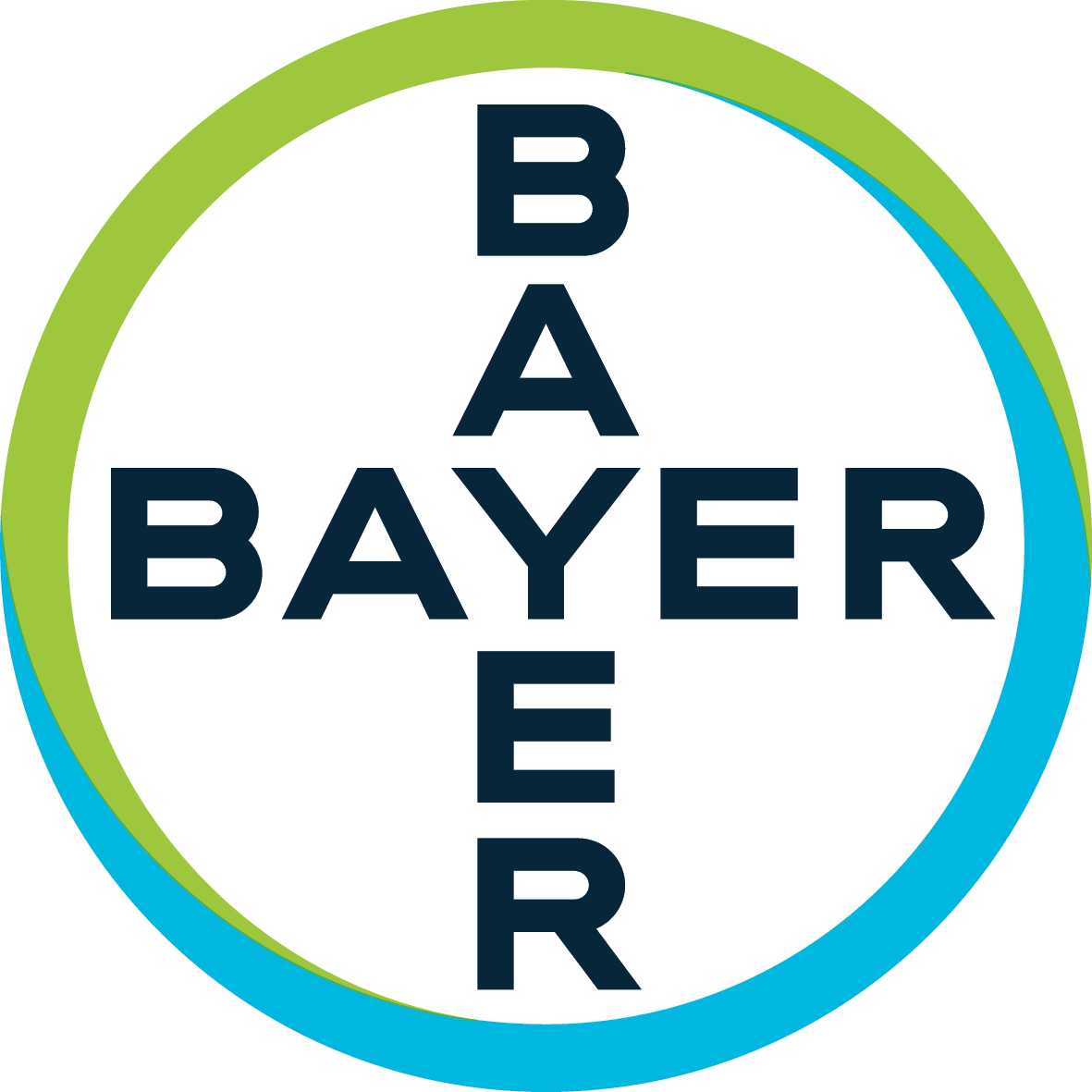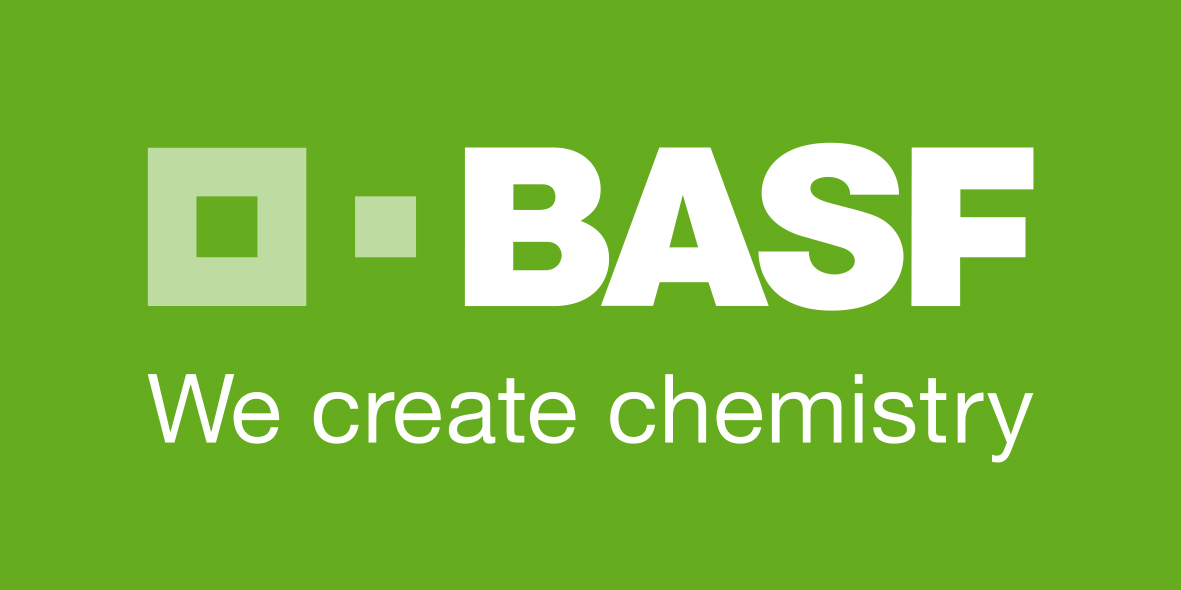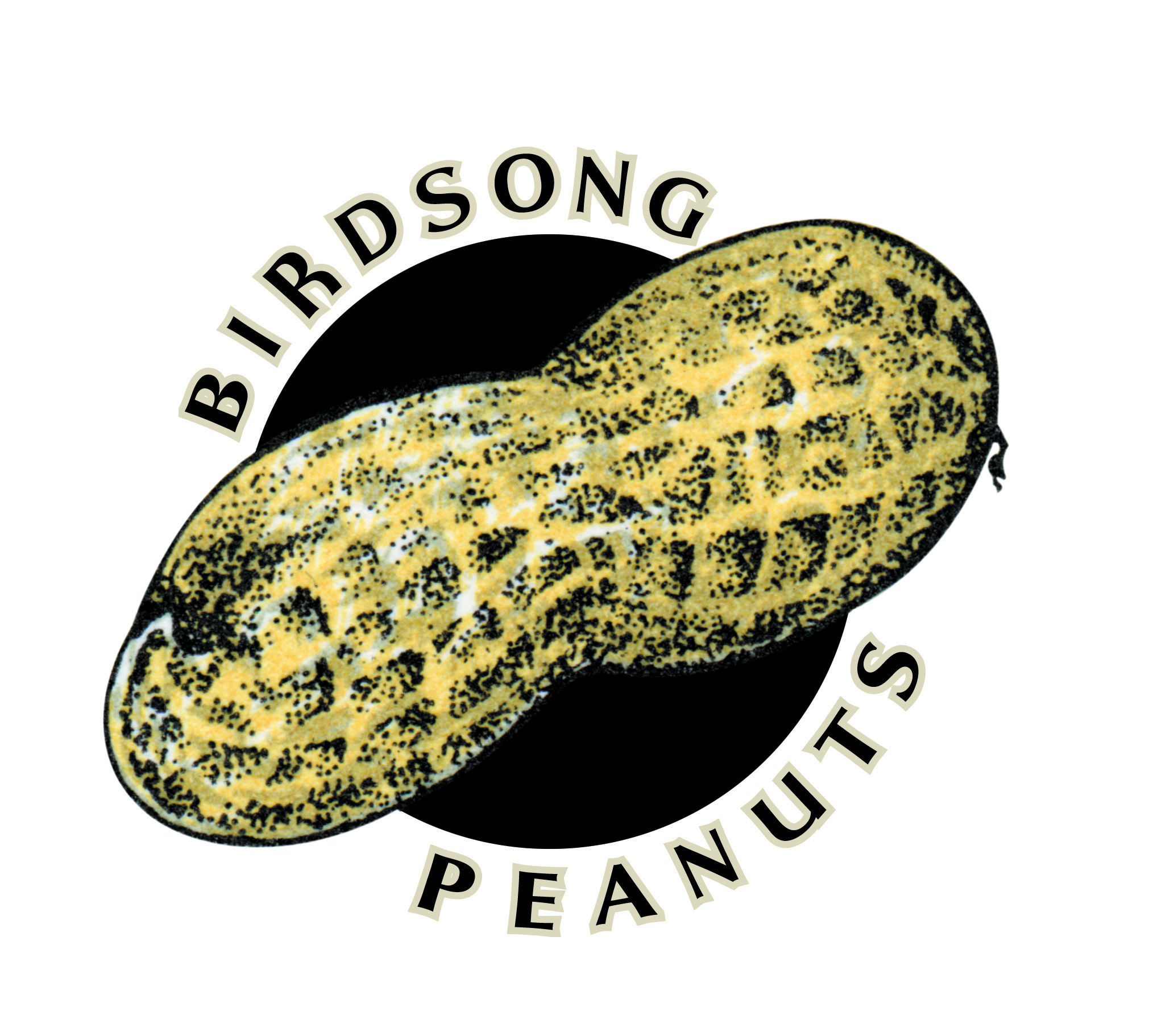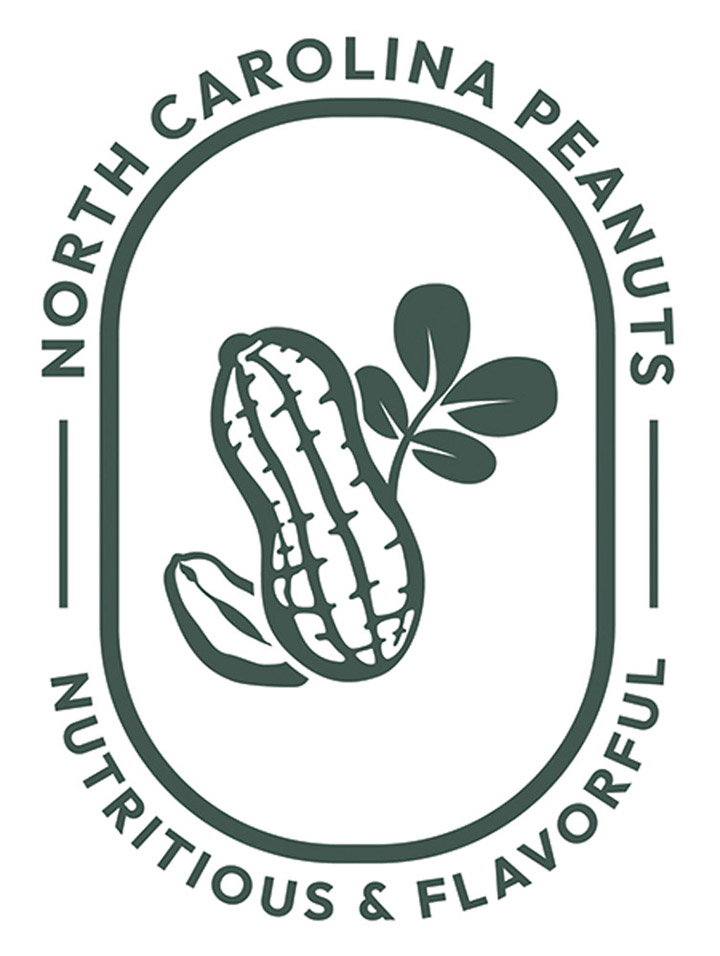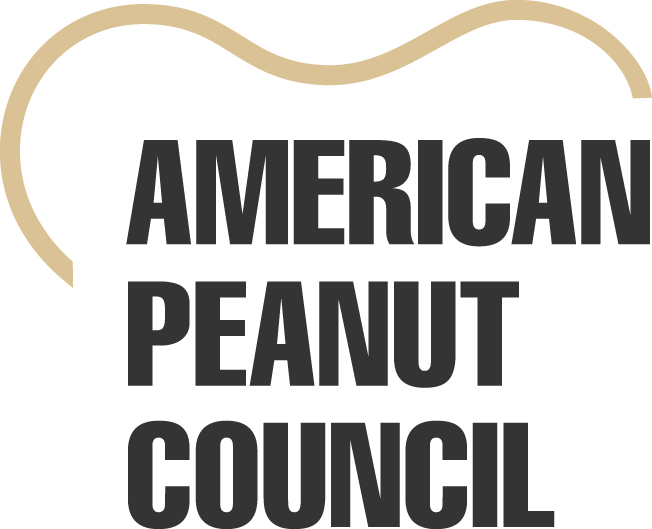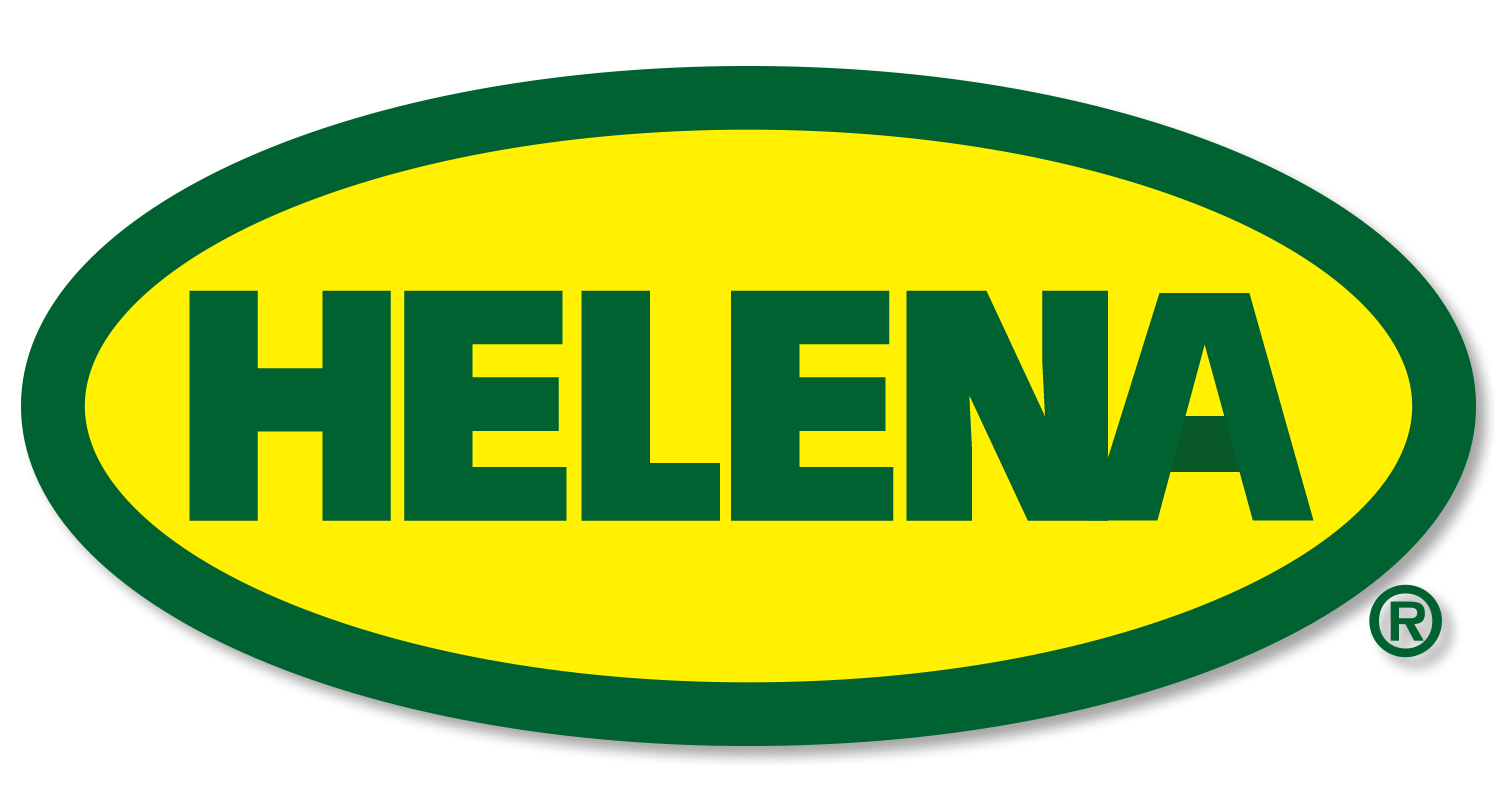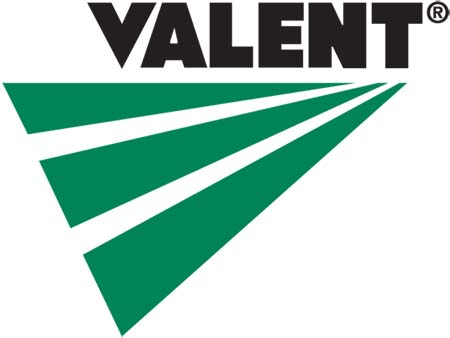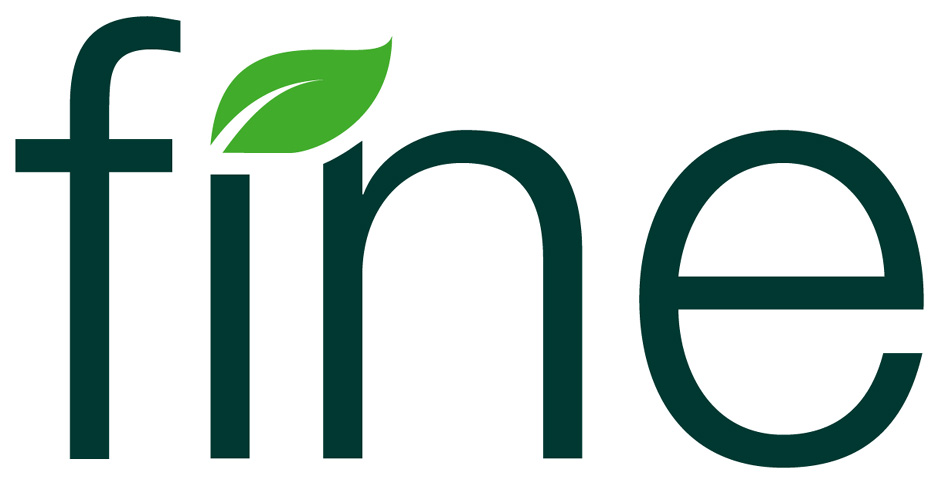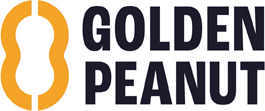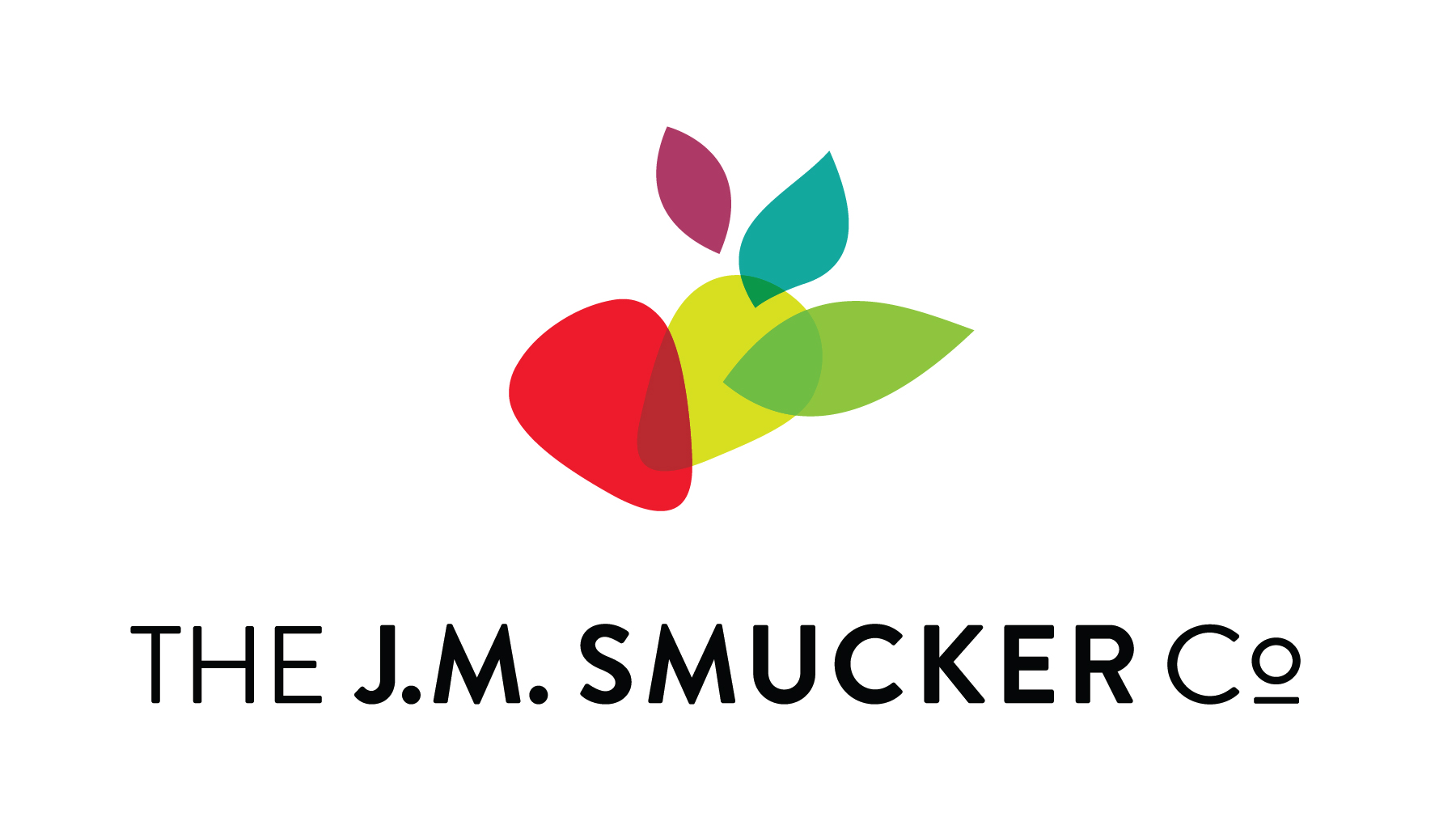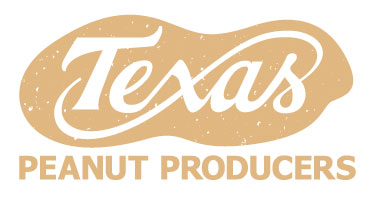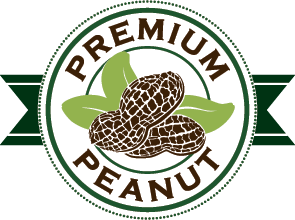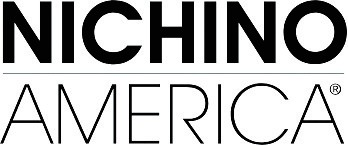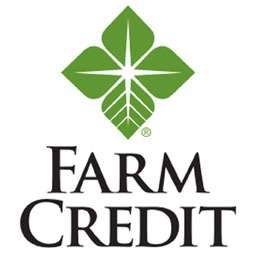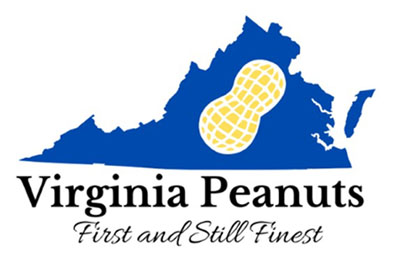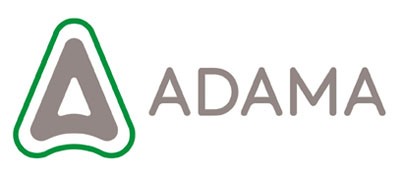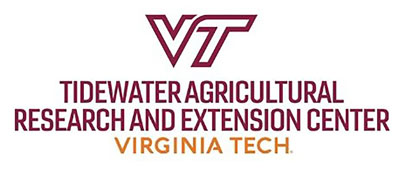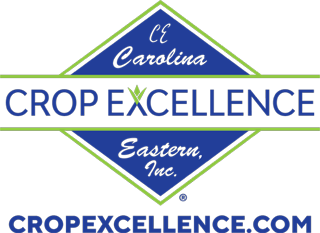Annual meetings of the Society are held for the presentation of papers and/or discussion, and for the transaction of business. At least one general business session will be held during regular annual meetings at which reports from the executive officer and all standing committees will be given to such other matters as the Board of Directors may determine.
+228 872 4444 | Contact APRES
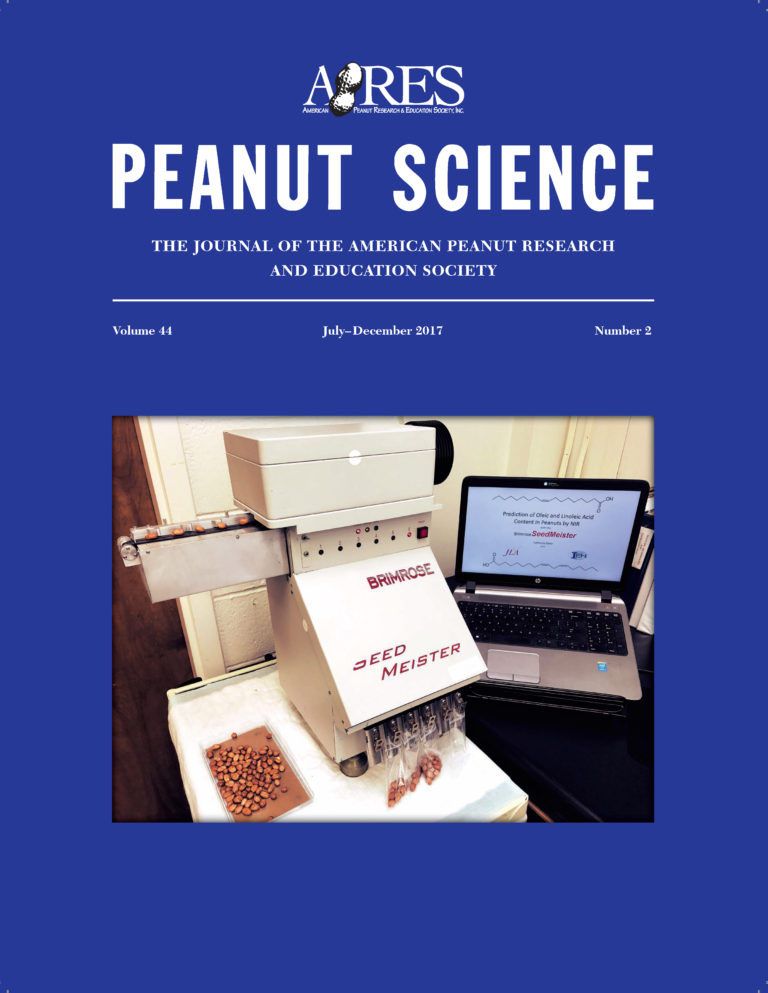 Peanut Science is a peer-reviewed on-line research journal dedicated to publishing the results of Research, Education, and/or Extension projects and programs directly involved with or applicable to the production, storage, processing, manufacturing or marketing of peanuts.
Peanut Science is a peer-reviewed on-line research journal dedicated to publishing the results of Research, Education, and/or Extension projects and programs directly involved with or applicable to the production, storage, processing, manufacturing or marketing of peanuts.
Peanut Science is published exclusively online and every issue published issue (1974-current) is available though our dedicated website peanutscience.com. One of the best features of the Peanut Science website is its database. Search by subject, author, key word to easily find what what you need. Peanut Science is open access and you are welcome to download and print copies for your use exclusively. (See our copyright statement)
Peanut Science Articles
-
Identification of Putative Mutations Potentially Associated with Fungicide Resistance in Thecaphora frezii, a Pathogen of Peanut Crops
07/11/2025...
-
Integration of Cultural and Chemical Practices for Managing Texas Panicum [Urochloa texana (Buckley) R. Webster] in South Carolina Peanut (Arachis hypogaea L.)
17/10/2025...
-
Validation of two QTL Associated with Sclerotinia blight Resistance in Peanut
15/10/2025...
-
Peanut Growth and Development: From Fertilization to Mature Pod
24/09/2025...
-
Winter covers, planting dates and cultivar influence on diseases and nematode pests of peanut in a rainfed production system
11/09/2025...
-
Evaluation of Preemergence and Postemergence Herbicide Programs Used in Peanut (Arachis hypogaea) for Benghal Dayflower (Commelina benghalensis) Control
28/08/2025...
-
Occurrence and Segregation of a Heterozygous Narrow-Leaf Mutant in Peanut
28/08/2025...
-
A Shovel-omics Facelift: Exploring Inexpensive and Simple Root Phenotyping Techniques in Peanut
20/08/2025...
-
Biology and Management of Weeds in Peanut (Arachis hypogaea L.)
19/08/2025...
-
Evaluation of New Prohexadione Calcium Formulation on Vine Growth Suppression and Yield of Peanut (Arachis hypogaea L.) in Georgia
29/06/2025...
-
Identification of Putative Mutations Potentially Associated with Fungicide Resistance in Thecaphora frezii, a Pathogen of Peanut Crops
07/11/2025...
-
Integration of Cultural and Chemical Practices for Managing Texas Panicum [Urochloa texana (Buckley) R. Webster] in South Carolina Peanut (Arachis hypogaea L.)
17/10/2025...
-
Validation of two QTL Associated with Sclerotinia blight Resistance in Peanut
15/10/2025...
-
Peanut Growth and Development: From Fertilization to Mature Pod
24/09/2025...
-
Winter covers, planting dates and cultivar influence on diseases and nematode pests of peanut in a rainfed production system
11/09/2025...
-
Evaluation of Preemergence and Postemergence Herbicide Programs Used in Peanut (Arachis hypogaea) for Benghal Dayflower (Commelina benghalensis) Control
28/08/2025...
-
Occurrence and Segregation of a Heterozygous Narrow-Leaf Mutant in Peanut
28/08/2025...
-
A Shovel-omics Facelift: Exploring Inexpensive and Simple Root Phenotyping Techniques in Peanut
20/08/2025...
-
Biology and Management of Weeds in Peanut (Arachis hypogaea L.)
19/08/2025...
-
Evaluation of New Prohexadione Calcium Formulation on Vine Growth Suppression and Yield of Peanut (Arachis hypogaea L.) in Georgia
29/06/2025...
APRES is an individual-based membership organization of 250+ members, representing 21 countries that serves as a gateway to the entire peanut research community. We believe the connections you make through your involvement in APRES activities and at its Annual Meeting helps advance peanut research goals and objectives, identifies emerging issues, and guides business decisions through the exchange of critical information.
APRES Key Benefits include:
- Advancing Peanut Research and Education
- Providing Professional Growth, Development and Recognition
- Networking with Industry Peers
- Accessing the Most Comprehensive Collection of Peanut Research
- Showcasing Your Commitment to the Peanut Industry
Individual Membership
- Regular - $100
- Retired - $25
Student Membership
Full-time students presently enrolled at any recognized college, university, or technical school.
- Student - $50
- Post-doctoral - $75
- Technical Support - $75
Institutional Membership
Libraries of industrial and educational groups or institutions and others that pay dues to receive the publications of the Society. Institutional members are not granted individual member rights.
- Institutional - $100
Sustaining Membership
Industrial organizations and others who wish to support this Society financially to an extent beyond minimum requirements. Sustaining members may designate one representative who shall have individual member rights. Current list of Sustaining Members coming soon.
- Silver Level - $350
- Gold Level - $550
- Platinum Level - $1,000
- Diamond Level - $5,000+
All categories of membership may attend all meetings and participate in discussions. Only individual members or those with individual membership rights may vote and hold office. Members of all categories shall receive minutes of all proceedings of the American Peanut Research and Education Society.
> Join APRES!
Purpose
The purpose of the American Peanut Research & Education Society is to instruct and educate the public on the properties, production, and use of the peanut through the organization and promotion of public discussion groups, forums, lectures, and other programs or presentations. APRES also promotes scientific research on the properties, production, and use of the peanut by providing forums, treatises, magazines, and other forms of educational material for the publication and dissemination of scientific information and research papers.
History
The need for a national peanut research organization was recognized in 1957 and the Peanut Improvement Working Group (PIWG) was organized. The original membership consisted of representatives from the USDA, Land-Grant Universities, and the peanut industry. This small group evolved into an organization representing the diverse interests of the peanut industry and in 1968 the PIWG was dissolved, and the American Peanut Research and Education Association was founded. In 1979, the organization’s name was changed to the American Peanut Research and Education Society (APRES). APRES now has more than 250 individual, student, institutional (library), and sustaining organizational members.
Goals
The goal of APRES is to provide consumers with wholesome peanuts and peanut products at reasonable prices. To achieve this goal, a comprehensive and effective research and educational program designed to improve the inherent qualities of peanuts is essential. Research emphasis must include the continual development of improved varieties, production, harvesting, curing, storing, and processing methodology which promotes peanut quality. Educational emphasis must include the development of an informational program which transmits current developments to research and extension personnel at state universities, to the USDA, to private industry, and to all other interested parties who produce, sell or consume peanuts and/or peanut products.
Specific Goals
- To exchange information on current research and extension programs at its annual meeting.
- To participate in cooperative program planning among research, extension, and industry personnel.
- To periodically review research and extension programs and making appropriate recommendations for revision and redirection.
- To transmit published information to international audiences through APRES publications.





